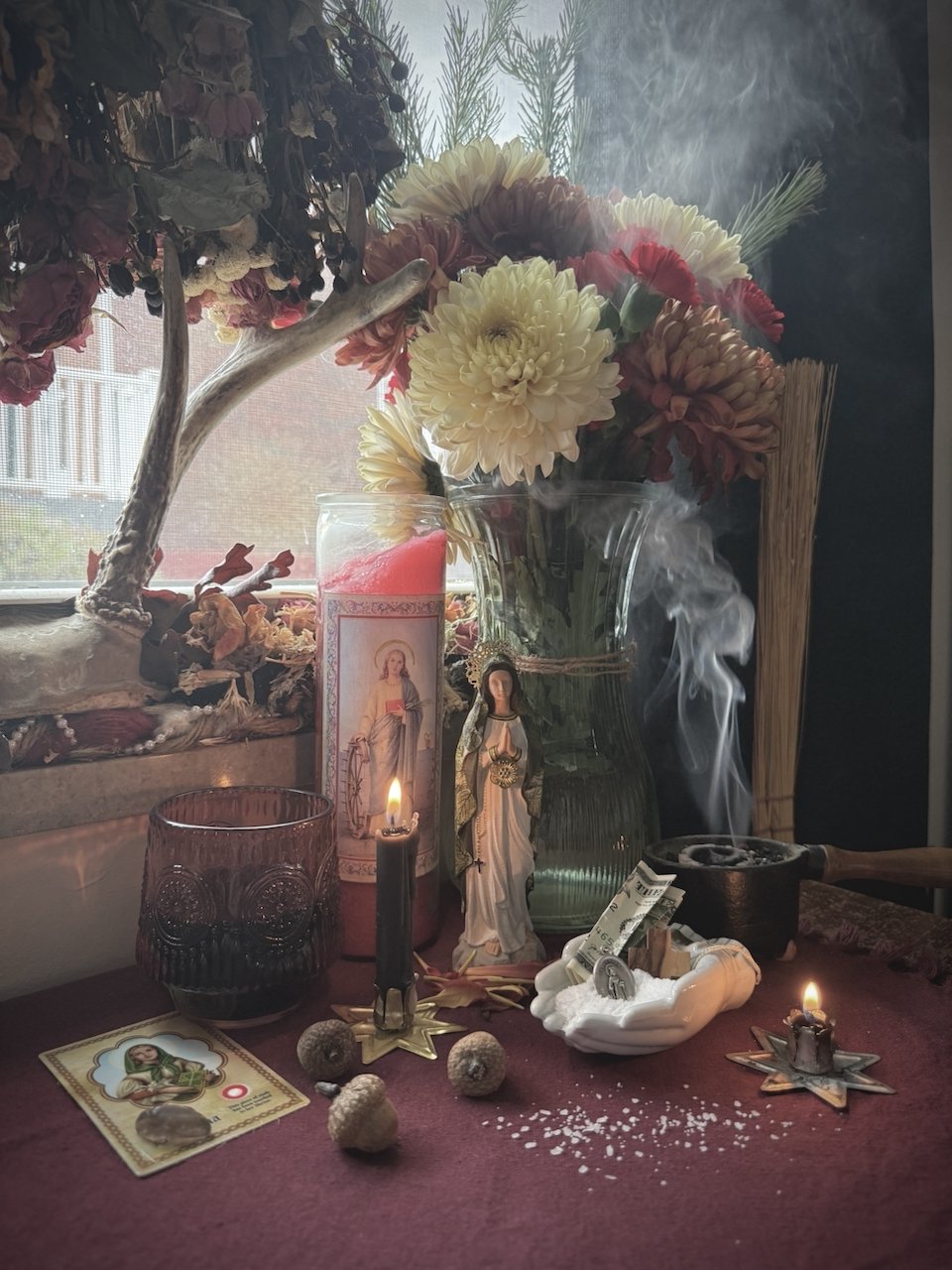Appalachian folk magic isn’t heretical
I’ve become increasingly resistant to the idea of practicing Appalachian folk magic ‘heretically.’
Caveat: I’m referring specifically to this tradition. Other folk systems developed in contexts where challenging or subverting the formal church was part of the practice.
Appalachian folk magic developed outside formal church authority and operates on its own spiritual logic. It did not bend official doctrine because practitioners weren’t even in conversation with it. A person might approach it secularly (cultural continuity) without any trace of Christian faith at the center. But calling something heretical in this context isn’t just a personal variation; it’s a judgment from outside, and a deliberate positioning against the framework that shaped the tradition. It turns the work into commentary.
Why use the Bible ‘heretically’ in this regard? Recognizing it as powerful or charged, allowing you to divine or work through it, is the heart of the practice. Labeling it heresy aligns the work with the establishment and undermines its foundations.
Appalachian folk magic can evolve, but once cast as heretical, it becomes something else entirely.

